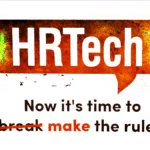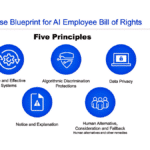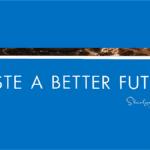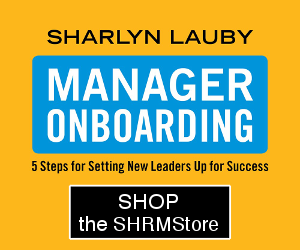Estimated reading time: 3 minutes
I’ve talked to a few recruiters recently who are very concerned about artificial intelligence (AI) replacing them. It reminded me that several years ago, I asked a few people in the technology and talent acquisition space this very question about technology replacing recruiters. I believe their comments are still spot on today. I hope you’ll check it out when you have a moment.
While I do believe that we have a steep adoption curve where artificial intelligence replacing people is concerned, that doesn’t mean we should ignore AI. We need to be knowledgeable about AI’s capabilities. And we need to be equally aware of what we need to do to stay relevant and provide value in today’s work environment.
This doesn’t mean that in the interim, we’re not going to see technology providers add AI components to their software. And it doesn’t mean that we’re not going to see organizations try to bring AI into the talent acquisition process. It does mean that we need to keep the candidate experience in mind as we’re introducing AI to our processes. For example:
I came across an article recently titled, “AI is Racist, Experts Say. Here’s Why”. If candidates believe that AI is racist, then what are the chances that they’re going to apply with an organization that’s using AI in their hiring process? Not very likely.
Now, some of you might say, “I get your point, but the number of people who think AI is racist isn’t significant.” Well, in an article from the American Staffing Association (ASA), they cited a survey that said 49% of job seekers believe that AI tools are more biased than humans. That’s a pretty substantial number.
My point in sharing these articles isn’t to say don’t use AI. It’s to say use AI smartly. Artificial intelligence has tremendous potential for many things including the candidate experience, but it needs to work through some of its challenges. I was pleased to see a recent report from the Society for Human Resource Management (SHRM) that said half of U.S. workers believe the automation of certain duties or tasks would give them more time to focus on other areas of work. Adding everything up, I interpreted this string of articles as:
- Yes, employees would like automation.
- Because it would free them up to do other things of value.
- But we need to make sure the technology works well.
- And right now, there’s a big question mark about that.
So, getting back to the beginning of this article. As HR professionals, we need to stay current with what’s happening in artificial intelligence. If you’re not aware, the Equal Employment Opportunity Commission (EEOC) has launched an initiative to examine how technologies impact employment decisions. The goal is to help employers, employees, job seekers, and vendors so technology is used in a fair and consistent manner that is in compliance with federal labor laws. In addition, technology companies are meeting with government leaders to discuss AI regulations. This is a complex matter which is why we need to pay attention to what is happening – both from the standpoint of our professional and personal lives. And, of course, the candidate experience.
It will be interesting to see how AI evolves and its connection to the workplace. Ultimately, organizations have to think about the candidate experience and how people perceive these technologies. If applicants are suspect of the organization’s talent acquisition process, they could will be reluctant to apply. And that has a negative impact on the company’s goal to hire the best employees.
We all know what happens when companies are unable to find the best talent. It has a direct impact on the bottom-line. And we don’t need AI to tell us no one wants that.
Image captured by Sharlyn Lauby while exploring the streets of Orlando, FL
58







